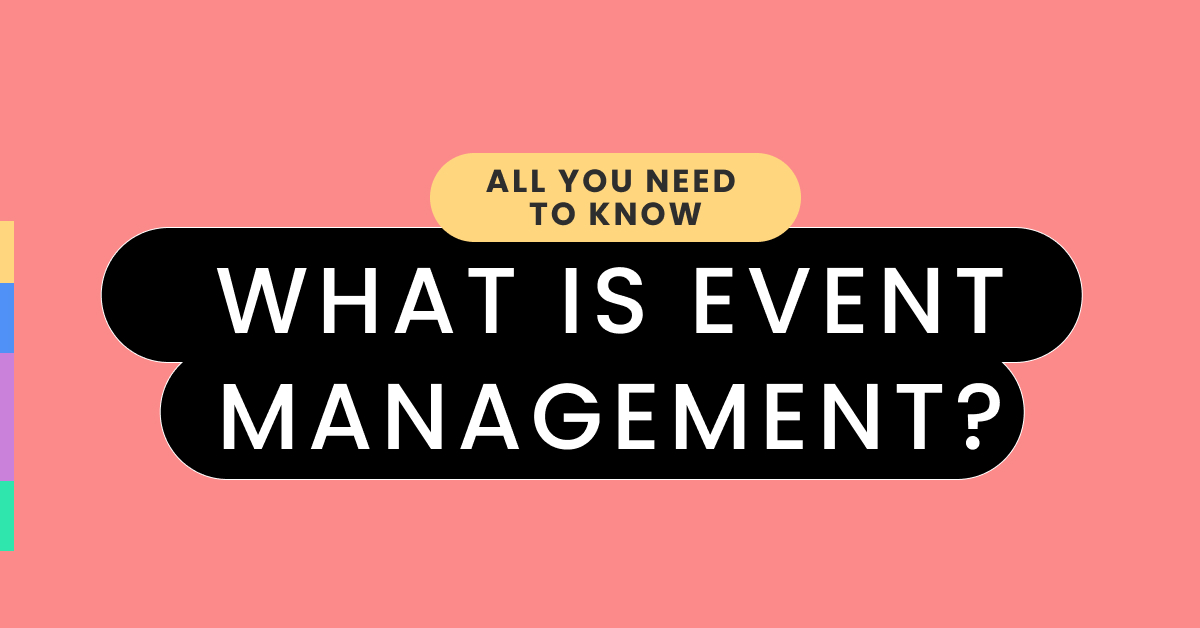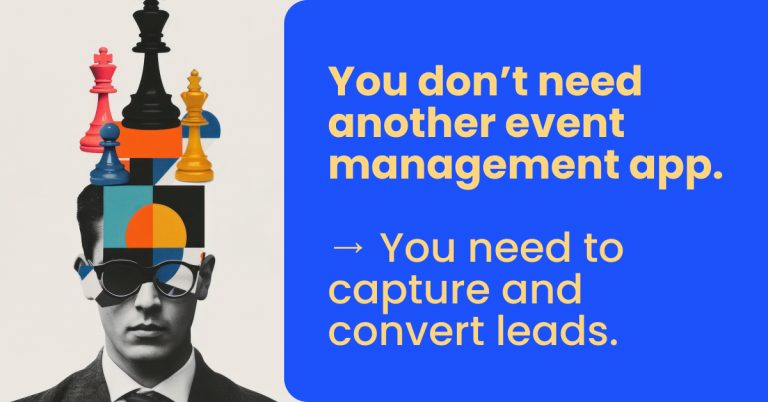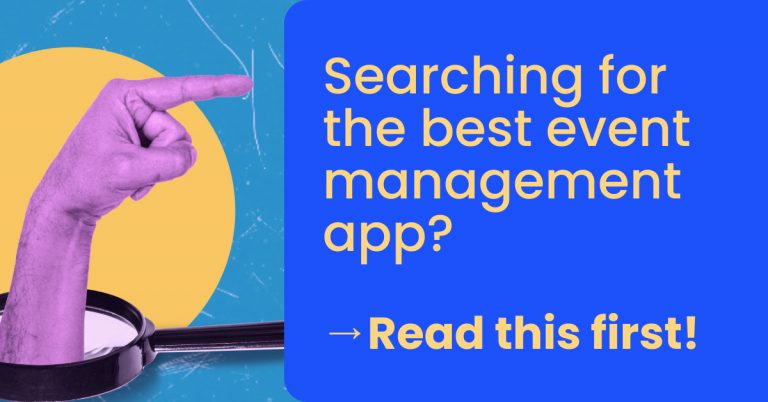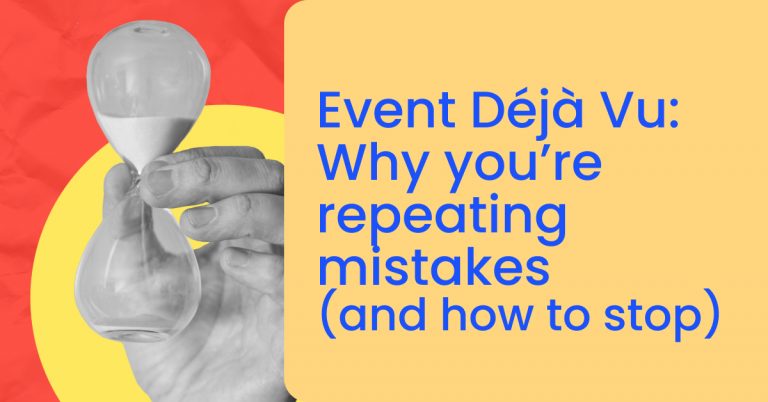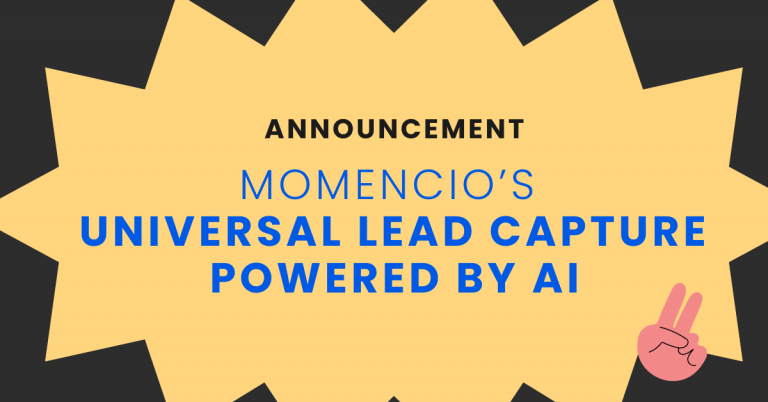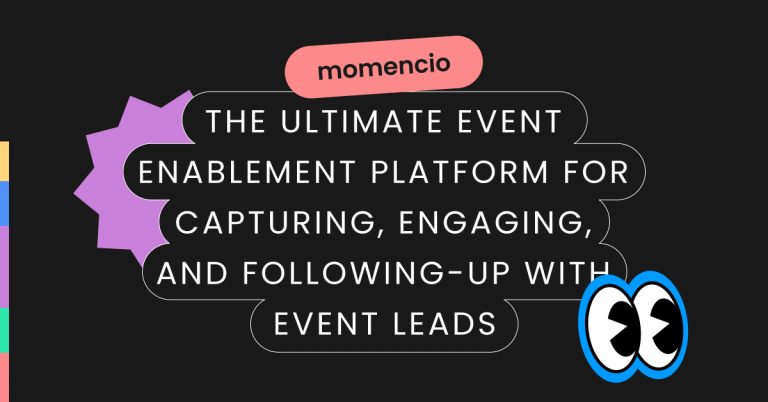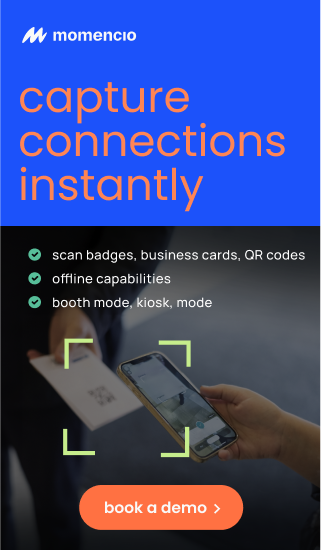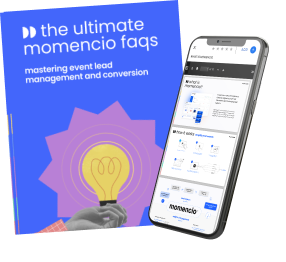Event management is an essential skill set for professionals who create, coordinate, and execute events. It encompasses a wide range of activities, from the initial concept and planning stages to post-event analysis. The aim is to provide a memorable experience for attendees while achieving the event’s objectives, whether related to marketing, education, celebration, or networking.
In this article, we’ll explore what event management involves, the core components that ensure an event’s success, the challenges faced by event professionals, and how technology is reshaping the industry. Whether you’re an experienced event planner or new to the field, this guide will offer valuable insights into making every event a success.
The Core Components of Event Management
Event management is the art and science of planning, organizing, and executing events that captivate attendees and achieve specific objectives. It involves a meticulous blend of creativity, strategic planning, and operational excellence. Understanding the core components of event management is crucial for anyone looking to excel in this dynamic field.
Planning and Logistics
Planning is the cornerstone of successful event management. It begins with defining the event’s goals, target audience, and critical messages. This stage involves:
- Budgeting: Accurate financial planning ensures that the event is both spectacular and cost-effective.
- Venue Selection: It is critical to choose the right venue. Considerations include location, capacity, facilities, and ambiance.
- Scheduling: Timing is everything. Selecting a date that avoids conflicts with major holidays or industry events can significantly impact attendance.
- Vendor Management: Building solid relationships with vendors, from caterers to AV technicians, is key to a seamless event.
Logistics ensure that the plan is executed flawlessly. This involves:
- Transport and Accommodation: Facilitating easy access and comfortable stays for attendees, especially for international events.
- Technology Setup: Ensuring the venue is equipped with necessary tech, from sound systems to Wi-Fi.
- On-site Coordination: Managing the flow of events, from registration to closing ceremonies, requires a hands-on approach and flexibility.
Event Marketing and Promotion
Marketing your event effectively can make the difference between a whole house and empty seats. Strategies include:
- Social Media Campaigns: Platforms like LinkedIn, Twitter, and Instagram offer powerful tools to reach potential attendees.
- Email Marketing: Personalized invitations and regular updates keep your event at the forefront of your target audience’s mind.
- Partnerships: Collaborating with industry influencers or brands can amplify your event’s reach.
Sponsorship and Funding
Securing sponsorship can elevate your event, providing both financial support and added credibility. Effective strategies involve:
- Value Proposition: Clearly articulate the benefits for potential sponsors, highlighting audience demographics and engagement opportunities.
- Sponsorship Packages: Offer tiers of sponsorship, from headline sponsors to smaller, targeted opportunities.
Attendee Experience and Engagement
The success of an event is often measured by attendee satisfaction. Statistics reveal that 60% of executives believe that events are a very important marketing channel for achieving corporate objectives. Enhancing attendee experience involves:
- Interactive Sessions: Workshops, Q&As, and networking sessions add value beyond traditional presentations.
- Personalization: Tailoring experiences, such as recommended sessions or targeted networking opportunities, can make attendees feel valued.
- Feedback Mechanisms: Post-event surveys and real-time feedback tools help refine future events.
Understanding and mastering these core components of event management—planning and logistics, marketing and promotion, sponsorship and funding, and attendee experience—is vital for any event manager aiming to deliver successful, impactful events. With careful attention to each element, event professionals can ensure not only the smooth execution of their events but also provide memorable experiences that resonate with attendees and sponsors alike.
The Role of Technology in Event Management
In the realm of event management, technology has emerged as a transformative force, reshaping traditional approaches and introducing new avenues for engagement, efficiency, and analysis. The integration of digital tools and platforms not only simplifies event planning and execution but also enhances the attendee experience and provides valuable data insights. Let’s explore how technology is revolutionizing event management across various dimensions.
Software Tools for Planning and Execution
Event Management Software (EMS) platforms are at the heart of the technological revolution in event planning. These comprehensive tools offer functionalities that cover the following:
- End-to-end Event Planning: From initial concept to post-event analysis, EMS platforms provide a centralized hub for managing all aspects of an event.
- Registration and Ticketing: Simplified registration processes and integrated ticketing systems enhance the attendee experience right from the start.
- Scheduling and Resource Allocation: Advanced scheduling features ensure optimal use of resources and prevent conflicts during the event.
Key platforms like Cvent, Eventbrite, and momencio offer tailored solutions that cater to the diverse needs of event planners, from corporate conferences to music festivals.
The Rise of Virtual and Hybrid Events
The COVID-19 pandemic accelerated the adoption of virtual and hybrid event formats, which have now become a mainstay in the event industry. These formats leverage technology to extend the reach of events beyond geographical limitations, offering:
- Live Streaming and Webinars: Tools like Zoom, Microsoft Teams, and WebEx enable real-time engagement with a global audience.
- Virtual Reality (VR) and Augmented Reality (AR): Immersive technologies create engaging and interactive experiences for remote attendees.
- Networking Platforms: Digital platforms facilitate networking opportunities, mimicking the in-person connections that are crucial to event success.
Utilizing Social Media for Event Promotion
Social Media has become an indispensable tool for event marketing, offering a broad reach and engaging formats to connect with potential attendees. Effective strategies include:
- Event Hashtags: Creating unique hashtags to aggregate content and conversations around the event.
- Live Updates: Using platforms like Twitter and Instagram to provide real-time updates, behind-the-scenes looks, and live Q&A sessions.
- User-Generated Content: Encouraging attendees to share their experiences on social media, amplifying the event’s visibility.
Data Analytics and Insight Generation
Analytics tools play a critical role in measuring the success of events and informing future strategies. Event technology platforms offer detailed analytics on:
- Attendee Behavior: Understanding how attendees interact with different aspects of the event can inform improvements in content delivery, scheduling, and engagement strategies.
- ROI Analysis involves tracking registrations, attendance rates, and engagement levels against investment to calculate the event’s return on investment.
- Post-Event Feedback: Collecting and analyzing feedback through digital surveys provides insights into attendee satisfaction and areas for improvement.
The role of technology in event management is both expansive and evolving. By harnessing the power of EMS platforms, embracing virtual and hybrid formats, leveraging social media for promotion, and utilizing data analytics for insights, event professionals can create more efficient, engaging, and impactful events. As the event industry continues to navigate changes, staying abreast of technological advancements will be key to delivering experiences that meet and exceed attendees’ expectations.
Challenges and Solutions in Event Management
The path of event management is strewn with challenges ranging from logistical hurdles to attendee engagement. However, each challenge also presents an opportunity for innovation and improvement. By identifying common problems and implementing strategic solutions, event professionals can enhance the efficiency and impact of their events. This section explores some of these challenges and offers practical solutions.
Common Challenges Faced by Event Managers
- Budget Constraints: Operating within a tight budget while trying to deliver a high-quality event experience is a common struggle.
- Technological Integration: With an ever-expanding array of event technologies available, choosing and integrating the right tools can be daunting.
- Attendee Engagement: Capturing and maintaining the interest of attendees throughout the event lifecycle is crucial for success.
- Data Overload: The vast amount of data generated from events can be overwhelming, making it difficult to extract actionable insights.
- Sponsorship Acquisition: Finding and securing sponsors to offset event costs and add value to attendees remains a significant challenge.
Best Practices and Strategies for Overcoming These Challenges
Budget Constraints
- Strategic Planning: Early and detailed budget planning can help identify potential savings without compromising on quality.
- Technology Leverage: Utilize event management software that offers multiple functionalities in one platform to save costs on multiple subscriptions.
Technological Integration
- Research and Demos: Invest time in researching and testing different technologies to find the best fit for your specific event needs.
- Unified Platforms: Consider platforms like momencio, which offer comprehensive features from lead capture to analytics, simplifying the tech stack.
Attendee Engagement
- Interactive Formats: Incorporate interactive sessions, gamification, and networking opportunities to keep attendees engaged.
- Personalization: Use data analytics to personalize attendee experiences, making each interaction more relevant and engaging.
Data Overload
- Focused Metrics: Identify key performance indicators (KPIs) early on to focus on the most relevant data.
- Analytical Tools: Employ advanced analytics tools that offer insightful dashboards and reports, facilitating easier decision-making.
Sponsorship Acquisition
- Value Proposition: Develop a compelling sponsorship package that clearly outlines the benefits and opportunities for potential sponsors.
- Targeted Outreach: Use data to identify and approach sponsors that align closely with your event’s theme and audience.
While event management is fraught with challenges, the keys to overcoming them lie in strategic planning, leveraging technology, and focusing on attendee engagement. By adopting a solution-oriented approach to common hurdles, event professionals can elevate their events, ensuring memorable experiences for attendees and tangible results for organizers and sponsors alike.

Measuring the Success of Your Event
In the dynamic world of event management, understanding and quantifying the success of your events is crucial for continuous improvement and strategic planning. The effective measurement of event outcomes not only demonstrates ROI to stakeholders but also provides insights for enhancing future events.
Key Performance Indicators (KPIs) for Events
- Attendance Rates: Measures the number of attendees against the number initially registered or invited, indicating the event’s appeal and reach.
- Engagement Levels: Utilizes various metrics such as session attendance, app usage, and social media interaction to assess how engaged participants were during the event.
- Lead Generation: For corporate and trade events, the number of leads captured and their quality can directly reflect the event’s success in generating business opportunities.
- Attendee Satisfaction: Gathered through post-event surveys, attendee satisfaction scores provide direct feedback on the event experience.
- ROI Analysis: Comparing the total cost of the event against the value generated, whether through direct sales, leads, or brand exposure, helps quantify the financial success.
Tools and Techniques for Event Analysis
- Event Management Software Analytics: Platforms like momencio- an event tool for sales offer built-in analytics features that track and report on various KPIs, providing a comprehensive view of event performance.
- Social Media Monitoring: Tools such as Hootsuite or Sprout Social can track mentions, hashtags, and engagement on social media platforms, offering insights into the event’s online impact.
- Survey Tools: Post-event surveys via platforms like SurveyMonkey or Google Forms can capture attendees’ feedback, providing valuable data on satisfaction and areas for improvement.
- Lead Tracking Systems: For events focused on lead generation, utilizing CRM integrations or dedicated lead tracking software can help measure the quantity and quality of leads captured.
Implementing Effective Measurement Strategies
- Define Objectives Early: Before the event, clearly define what success looks like by setting specific, measurable goals aligned with your event’s objectives.
- Choose Relevant KPIs: Select KPIs that directly relate to your goals, ensuring you’re measuring what truly matters for your event’s success.
- Utilize Technology: Leverage the right mix of technology and tools to gather data efficiently and accurately across different aspects of your event.
- Analyze and Act: After the event, analyze the collected data to identify successes, challenges, and areas for improvement. Use these insights to inform planning and execution for future events.
Measuring the success of your event with precision and depth is essential for validating your strategies, demonstrating value to stakeholders, and laying the groundwork for future successes. By focusing on key performance indicators, employing the right tools, and adopting a proactive approach to analysis and action, event managers can ensure their events not only meet but exceed expectations.
The Future of Event Management
As we look toward the horizon of event management, several emerging trends and technologies promise to redefine the landscape of how events are planned, executed, and experienced. Digital innovation, evolving attendee expectations, and a greater emphasis on sustainability and inclusivity are shaping the future of event management.
By staying ahead of these trends, event professionals can not only adapt to changes but also lead the way in creating more engaging, impactful, and meaningful events.
Emerging Trends in the Industry
- Hybrid Event Models: The blend of in-person and virtual components in hybrid events is set to become a standard offering. This model extends the reach of events while maintaining the intimacy and engagement of face-to-face interactions.
- Data-Driven Personalization: Leveraging data analytics to tailor event experiences to individual preferences will become increasingly important. From personalized agendas to targeted networking opportunities, events will offer a more customized experience for each attendee.
- Sustainability Practices: A growing focus on environmental responsibility will drive the adoption of green event practices. From digital event materials to sustainable venue choices, eco-friendly initiatives will be a priority.
- Advanced Engagement Tools: Technologies such as Augmented Reality (AR), Virtual Reality (VR), and Artificial Intelligence (AI) will play a more significant role in enhancing attendee engagement, offering immersive and interactive experiences.
- Inclusivity and Accessibility: Ensuring events are inclusive and accessible to all attendees, regardless of physical ability or geographic location, will become a critical consideration in event planning.
Predictions for the Future of Events
- AI and Machine Learning: These technologies will revolutionize event planning and management by automating tasks, providing predictive analytics, and personalizing attendee experiences at scale.
- Blockchain for Events: Blockchain technology could be used for secure, transparent transactions and registrations, as well as to verify attendee identities and manage digital contracts with vendors.
- Immersive and Interactive Content: The use of 3D environments, holograms, and interactive displays will enrich the event experience and make sessions more engaging and memorable.
- Health and Safety Innovations: In the wake of the COVID-19 pandemic, health and safety technologies, including touchless registration, air purification systems, and crowd density monitoring, will become standard features at events.
- Community and Continuity: Events will increasingly act as catalysts for building long-term communities, extending engagement beyond the event through platforms that facilitate ongoing interaction and learning.
The future of event management is bright and brimming with possibilities. By embracing emerging trends and technologies, event professionals can create experiences that are not only memorable and engaging but also sustainable, inclusive, and personalized. The key to success in this evolving landscape is adaptability—being open to change, eager to explore new ideas, and ready to innovate.
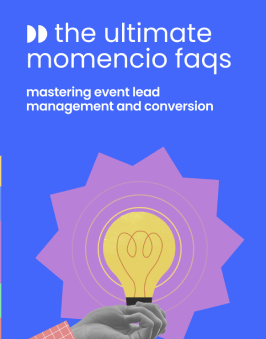
Mastering the Art of Event Management
Event management, at its essence, is an art form that requires a delicate balance between meticulous planning and dynamic adaptability. It’s about crafting experiences that not only achieve specific objectives but also leave a lasting impression on attendees. In today’s fast-paced world, where digital transformation is reshaping every industry, event management stands as a testament to the power of human connection—bridging the gap between the digital and the physical, the individual and the collective.
The journey through the various facets of event management has highlighted the importance of embracing technology, not as a replacement for the human touch, but as an enhancement. Tools like momencio serve as the linchpin in this endeavor, offering seamless integration of lead management, engagement analytics, and personalized attendee experiences.
As we look to the future, the ability to adapt and innovate will define the success of event professionals. The evolution of event management is ongoing, driven by technological advancements, changing attendee expectations, and a global landscape that demands inclusivity and sustainability.
FAQs: Event Management Insights
What is event management, and why is it important? Event management is the process of planning, organizing, executing, and analyzing events such as conferences, meetings, trade shows, and more. It’s crucial because it ensures that events meet their objectives, whether it’s building brand awareness, generating leads, or fostering community engagement, thereby contributing significantly to the success of organizations and businesses.
How has technology transformed event management? Technology has revolutionized event management through digital tools that streamline planning processes, enhance attendee engagement, and provide actionable insights through data analytics. Innovations like virtual and hybrid event platforms, event management software, and engagement analytics tools have made events more accessible, measurable, and impactful.
What are the key components of a successful event? A successful event is built on meticulous planning, compelling content, effective marketing, seamless logistics, dynamic attendee engagement, and strategic sponsor partnerships. Equally important is the post-event analysis to measure success and gather insights for future events.
How do you measure an event’s success? Event success is measured using key performance indicators (KPIs) such as attendance rates, engagement levels, lead generation, attendee satisfaction, and return on investment (ROI). Advanced analytics tools provided by platforms like momencio offer a comprehensive view of these metrics.
What are the emerging trends in event management? Emerging trends include the increasing popularity of hybrid events, the use of artificial intelligence for personalized experiences, the focus on sustainability, and the integration of augmented and virtual reality for immersive experiences. These trends reflect the industry’s adaptability and commitment to innovation.
Some Interesting Facts from Research
- Global Reach: The global event industry is expected to grow significantly, with virtual and hybrid events playing a pivotal role in this expansion.
- Technology Adoption: Over 80% of event organizers plan to incorporate virtual components in their events post-pandemic, highlighting the shift towards hybrid event models.
- Engagement Tools: Interactive elements like live polls, Q&A sessions, and virtual networking spaces have been shown to increase attendee engagement by up to 30%.
- Sustainability Focus: A survey revealed that 75% of event professionals consider sustainability a priority when planning events, indicating a shift towards more eco-friendly practices.
Conclusion
Event management is an evolving field that requires a blend of creativity, strategic thinking, and technological savvy. As we’ve explored in this guide, understanding the foundational elements, embracing technology, navigating challenges, and staying abreast of industry trends are all critical for success in this dynamic landscape. With tools like momencio, event professionals are well-equipped to elevate their events, ensuring memorable experiences for attendees and tangible results for organizers. We offer you various event gamification features so you can attract quality leads and prioritize high-qualifying or hot leads.
Take advantage of the opportunity to redefine event management. Discover how momencio can transform your events and elevate your strategy to new heights. Book your demo today, and take the first step towards mastering the art of event management in the digital age.

